When our patients’ health is at stake, when cures for disease must be found, there is only one way to approach our mission: Be bold.
The Mount Sinai Health System embraces this challenge by practicing bold science and medicine, as we have throughout our 170-year history—from establishing the first hospital in New York that served those who were denied care elsewhere because of their religious faith, to describing Crohn’s disease, performing the first liver transplant for an HIV-positive patient, and pioneering gene therapy.
Being bold is in Mount Sinai’s DNA, a fact that we witness every day across our Health System.
Being bold is in Mount Sinai’s DNA, a fact that we witness every day.
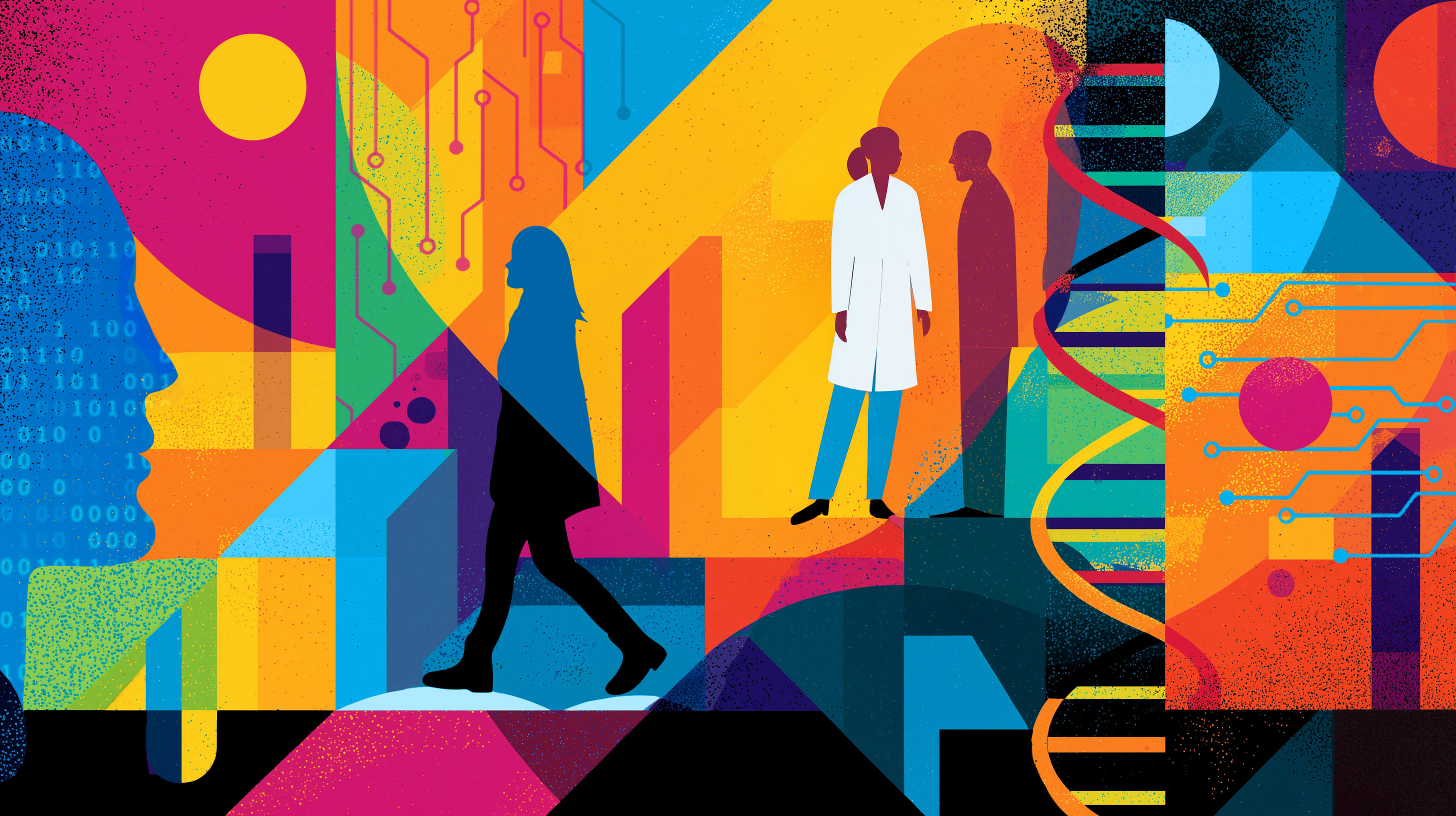
Consider just a few recent achievements. Two Mount Sinai surgeons, collaborating with an extended team of doctors, nurses, and support staff, performed the first heart-liver-kidney triple transplants in New York State. Our scientists developed a novel method to generate billions of rare immune cells that are essential for mobilizing the immune system to fight cancer, a key step toward creating universal cell-based cancer vaccines. And our researchers discovered how a critical brain receptor works at the molecular level, insight that can help us design better therapies for mental health conditions such as depression, anxiety, and schizophrenia.
Increasingly, artificial intelligence (AI) is powering many of our important advances, a payoff from Mount Sinai’s early recognition of the great potential of AI and our decision to make the investments necessary to become a powerhouse of high-performance computing and establish the nation’s first Department of Artificial Intelligence and Human Health.
To maximize the potential benefits of AI and quickly bring advances to our patients, Mount Sinai technologists co-design computer programs with our physicians and nurses. In the neonatal intensive care unit, for instance, our clinicians are using AI to detect abnormalities in infants that the human eye cannot perceive, allowing us to make earlier medical interventions that can change a child’s life. One of our nurses who specializes in wound care helped develop an AI tool to prevent pressure injuries for bedridden patients.
Recognizing that AI will play a key role in the future of health care, the Icahn School of Medicine at Mount Sinai is the first medical school in the nation to provide all students with access to the ChatGPT Edu private and secure platform. The goal is to enhance how tomorrow’s clinicians and researchers learn and problem-solve while preparing them to work thoughtfully and ethically with technology.
Having proven that AI can accurately predict genetic mutations from pathology slides, we will be employing this technology to streamline clinical decision-making and accelerate access to targeted cancer therapies. And, using AI, we plan to improve patient flow in the Emergency Department after showing that AI can be used to rapidly predict which patients will require hospital admission, to give teams more time to plan and coordinate care.
Mount Sinai Tisch Cancer Center Receives Comprehensive Cancer Center Designation and Funding From the National Cancer Institute
This is the highest designation awarded to cancer centers in the United States. This recognition places Mount Sinai among the top one percent of cancer centers nationwide and affirms the breadth and depth of our cancer research, clinical excellence, and commitment to health equity. Click here to read the news.
AI is also enabling us to simplify billing and collections for clinical care, thereby reducing laborious interactions with insurance companies. And in the near future, we plan to launch an initiative called “AIntern,” which will give private companies developing AI medical agents the opportunity to have their agents function side by side with our human clinical trainees and compare how they each perform.
In so many ways, AI is not just a tool, but also a partner that we are training to help improve health care delivery and empower Mount Sinai to be a model learning health system. We are constantly gaining insights that allow us to advance and scale best practices throughout our hospitals, clinics, and administrative offices. With AI as a partner, we are designing solutions that best serve our patients and our employees as we build a highly efficient and coordinated health system we call “One Mount Sinai.”
For the sake of patients in our care and around the globe, the Mount Sinai Health System is—and will continue to be—bold and fearless in its approach to science and medicine.
Featured
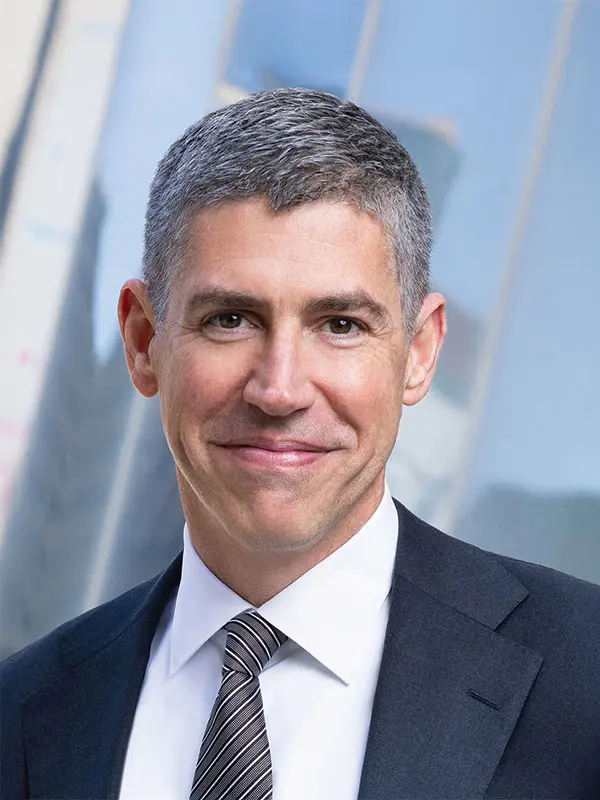
Brendan G. Carr, MD, MA, MS
Chief Executive Officer and Professor and Kenneth L. Davis, MD, Distinguished Chair, Mount Sinai Health System
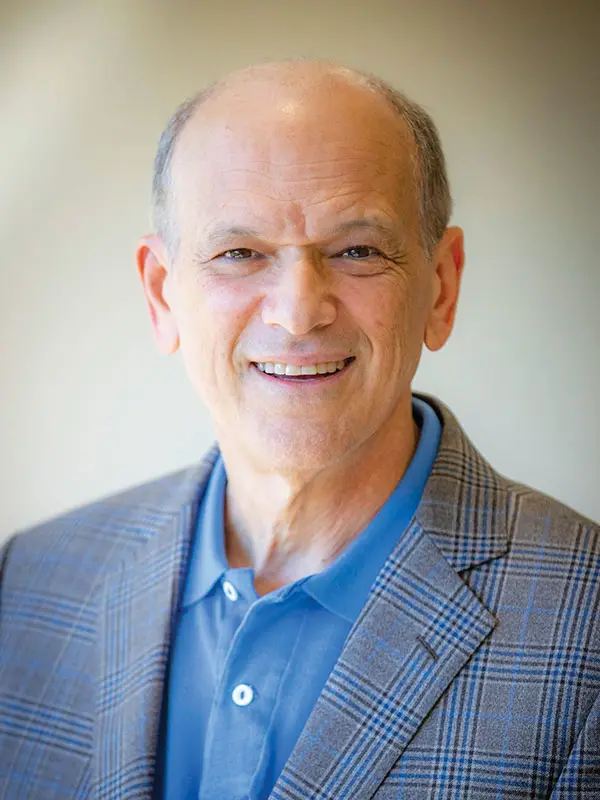
Eric J. Nestler, MD, PhD
Anne and Joel Ehrenkranz Dean, Icahn School of Medicine at Mount Sinai, and Executive Vice President, Mount Sinai Health System
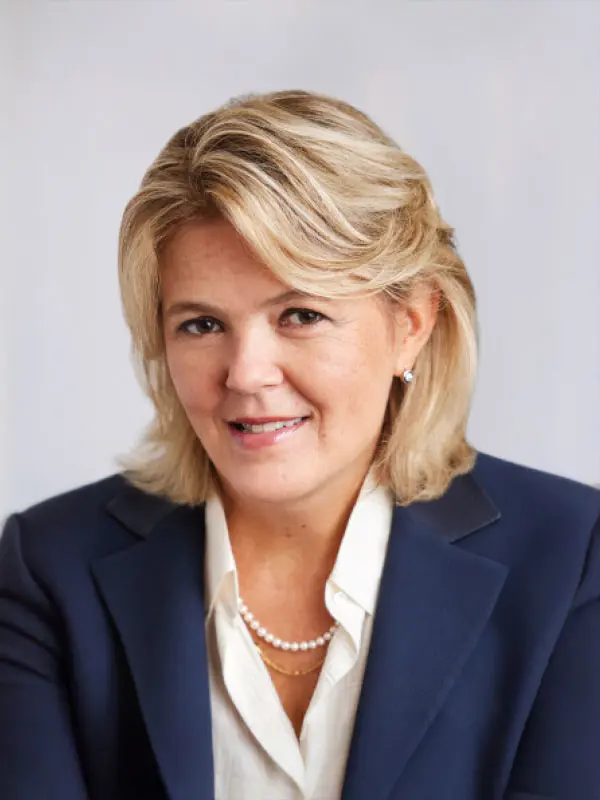
Margaret A. Pastuszko, MBA
President and Chief Operating Officer, Mount Sinai Health System
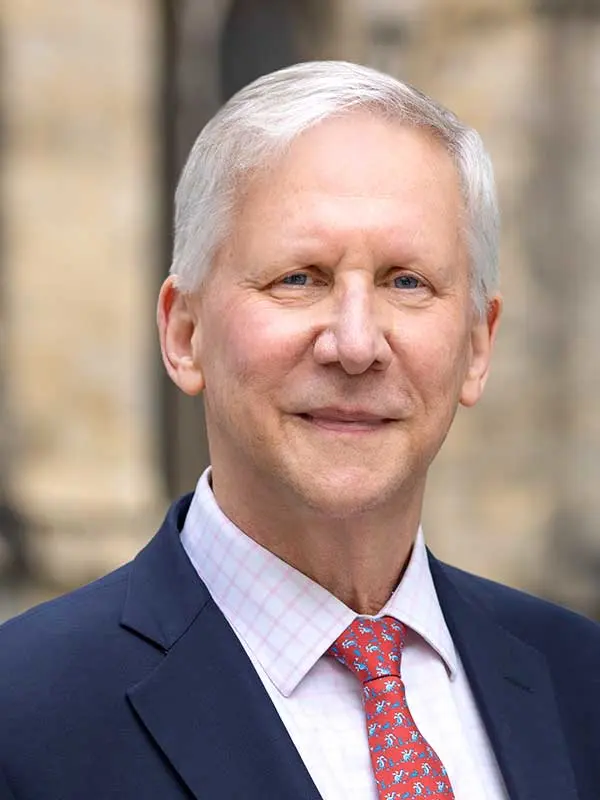
Evan Flatow, MD
Executive Vice President for Clinical Affairs, Mount Sinai Health System, and Dean for Clinical Affairs, Icahn School of Medicine